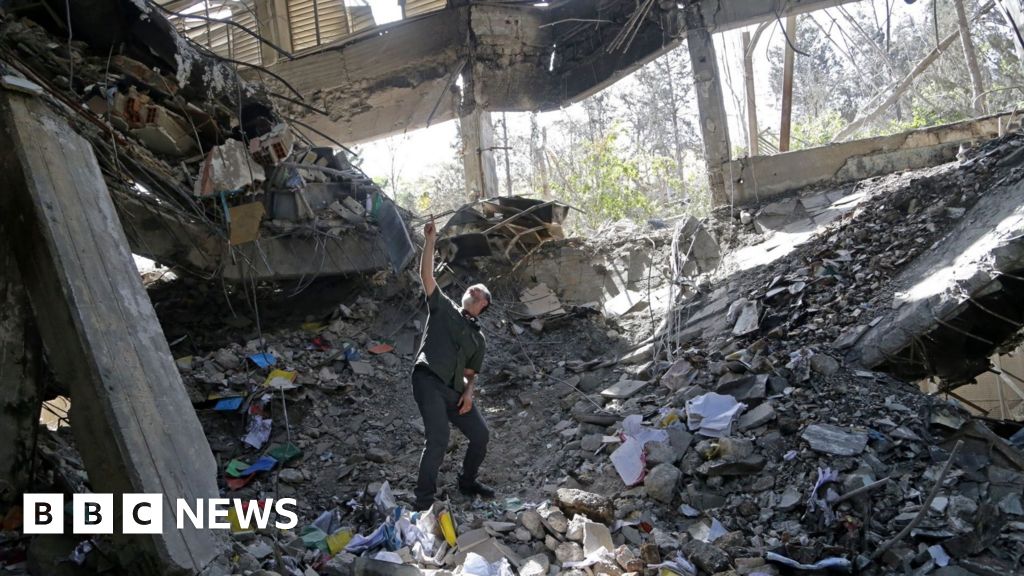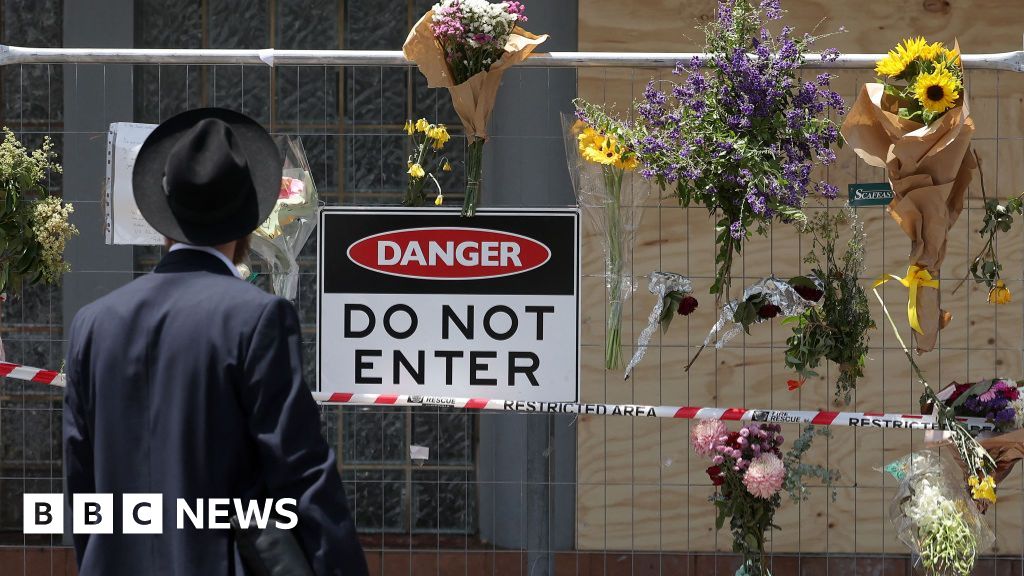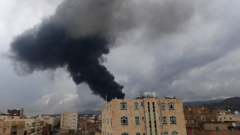During the solemn observance of Ashura in Tehran, a striking scene unfolded. Traditional mourning rituals were juxtaposed with a bold embrace of Iranian nationalism as Ayatollah Ali Khamenei, Iran's supreme leader, signaled for an unexpected change in the program. As the crowd dutifully mourned the martyrs of Shiite Islam, the atmosphere shifted; cries of sorrow transformed into exuberant song. The singer, encouraged by the supreme leader, burst forth with “Ey Iran,” a passionate anthem expressing deep love for the homeland.
The backdrop of this event is one of significant turmoil. Iran recently emerged from a 12-day military conflict with Israel, during which the U.S. played a role alongside its long-time adversary. The toll was heavy: military infrastructures shattered, nuclear ambitions undermined, and civilian lives severely impacted. These events left the Iranian leadership with a stark predicament.
In this time of crisis, the regime has identified a potent opportunity within the national outrage stemming from the attacks. By amplifying feelings of patriotism and unity, they aim to redirect public sentiment away from disillusionment and toward staunch support for the government. The confluence of national grief and pride has paved the way for a revitalization of ancient folklore and symbols previously relegated to non-Islamic nationals.
This ongoing transformation marks a pivotal departure from the past, where such cultural elements were often overlooked by conservative theocracy. The Iranian leadership is now highlighting themes once reserved for secular nationalists to adhere to a communal identity that encompasses all Iranians, hoping that this renewed sense of nationalism will stabilize their regime amid ongoing economic and political challenges.
















